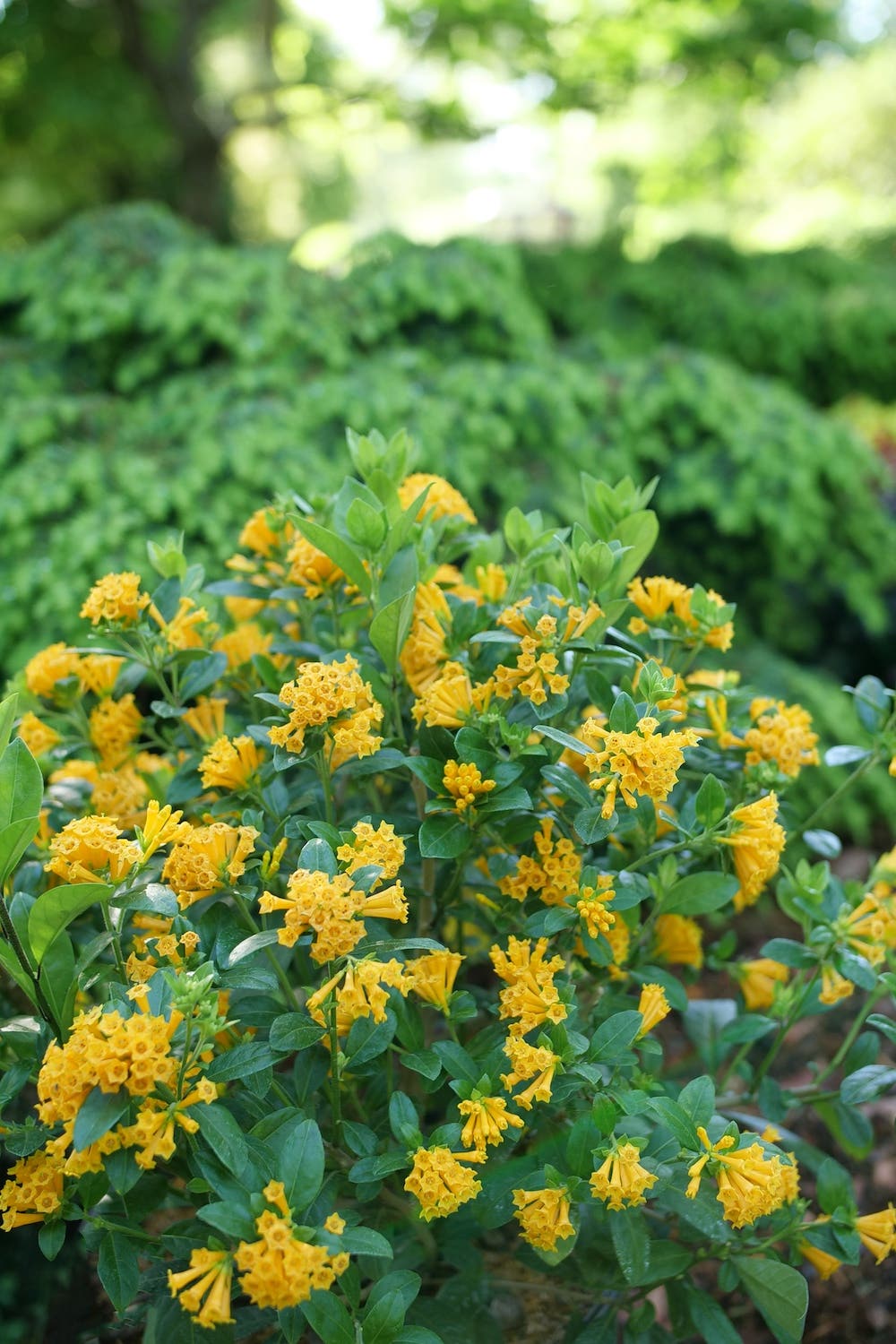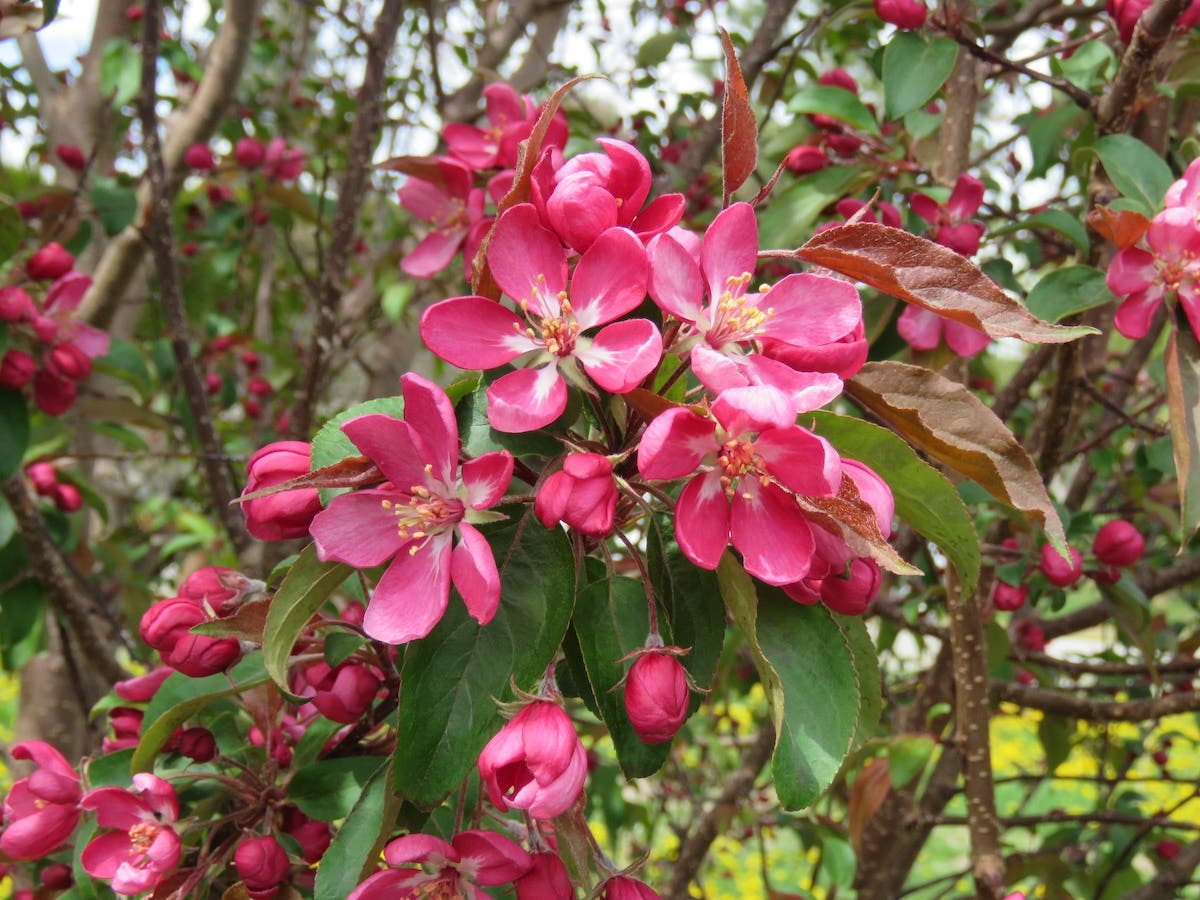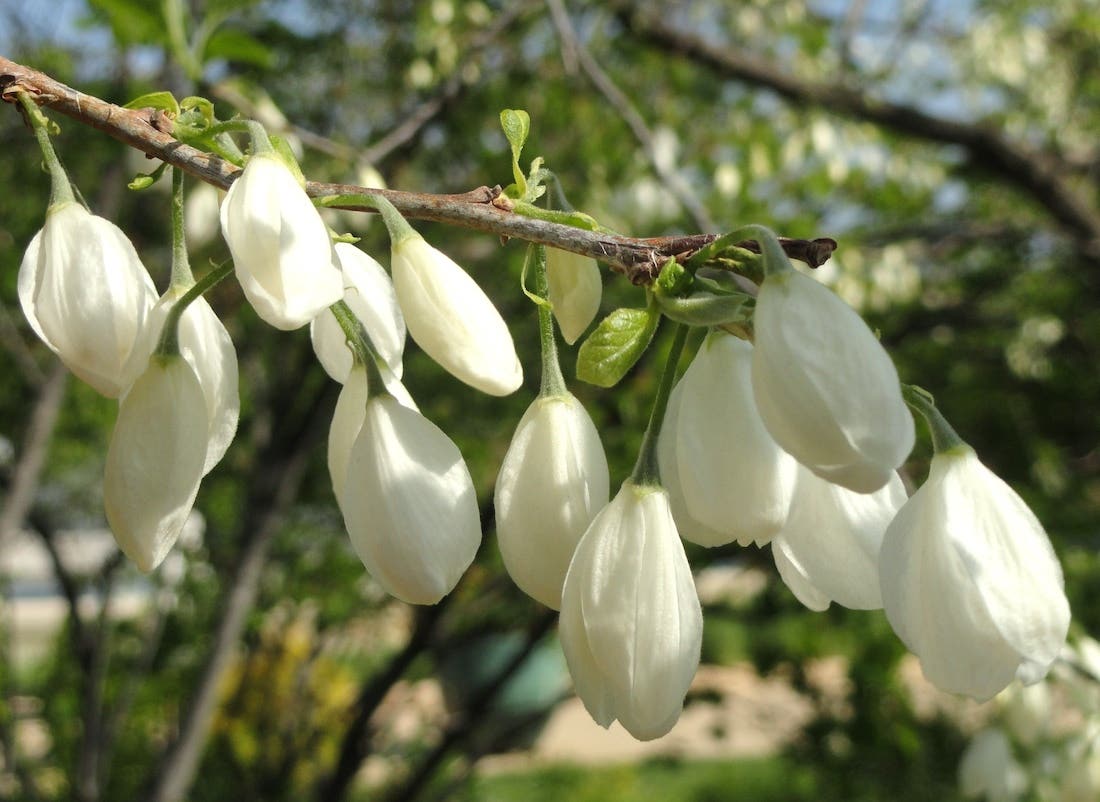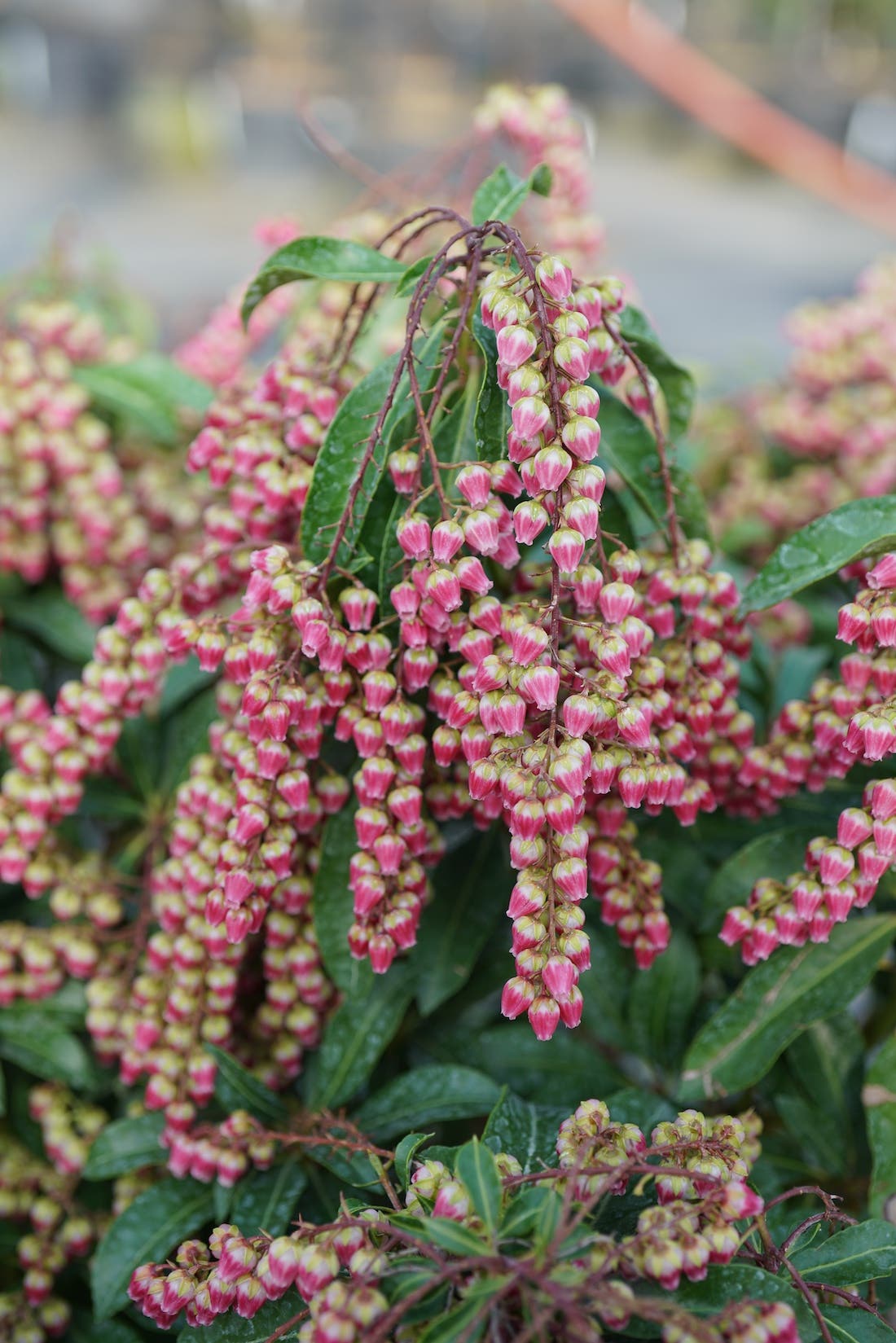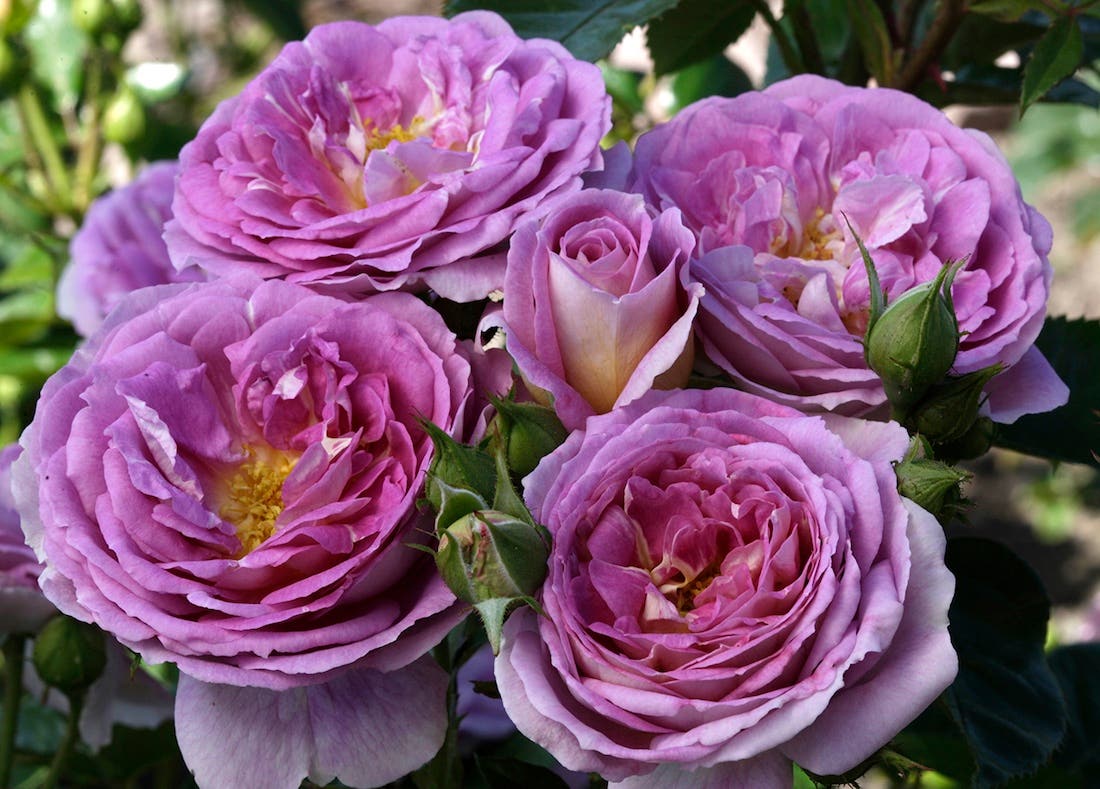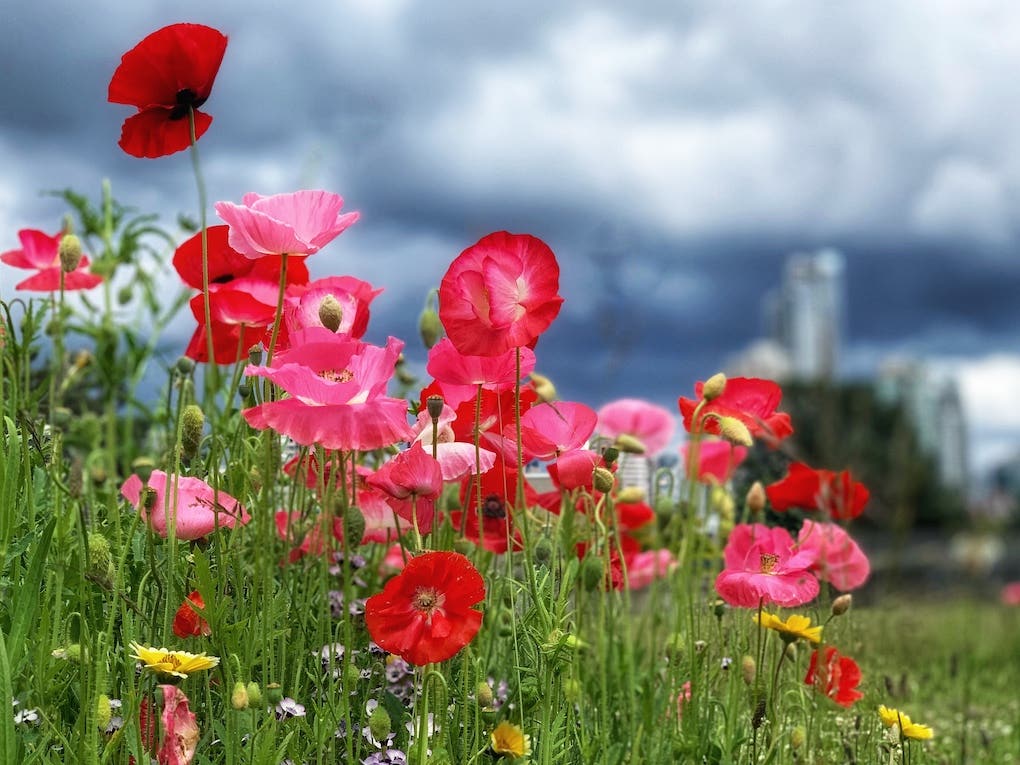Vegetable Crops That Do Not Need Pollinators
Not all edible crops need to be pollinated by bugs. Some don’t need bees, or other pollinators, at all; and some benefit from them but can still produce even if…
Not all edible crops need to be pollinated by bugs. Some don’t need bees, or other pollinators, at all; and some benefit from them but can still produce even if they are not around.
Here’s a list of what’s what:
What veggies need pollinators all the time:
• Cucumbers
• Melons and watermelons
• Berries
• Tree fruits
Melons and cucumbers can be hand-pollinated, but it is a somewhat cumbersome task. In the case of blueberries you also need some cross-pollination. This is easy to do just by planting two different varieties.
What veggies can be pollinated with human help:
• Squashes, both winter and summer types—by hand
• Tomatoes—by hand or wind
• Eggplant—by hand or wind
• Peppers, both Hot and Sweet—by hand or wind
Squashes, with their rather large male and female flowers, are easy enough to hand pollinate. Just remember to get as much pollen on the female plant as you can. The more there is, the better the chances the fruit will develop well.
Wind-pollinated veggies, such as tomatoes, peppers and eggplant, are fertilized by the beating of bees’ and other insects’ wings. You can likewise give the plants a little shake, or hand pollinate using a small paintbrush or cotton swab. In the greenhouse you can help these veggies simply by adding a fan to move the pollen.
What veggies do not need pollinators to produce:
• All leafy greens
• Brassicas: broccoli, cauliflower, cabbage and kohlrabi
• Below ground root veggies and tubers such as carrots, parsnips, salsify, potatoes, sweet potatoes, horseradish
• Ground level root veggies such as beets, turnips, rutabagas
• Most legumes including peas and beans
• Corn—like other wind pollinated veggies, giving them a little shake helps distribute the pollen.
• Herbs, like the lemon balm pictured
• Celery
• Onions and leeks
These veggies will all grow by themselves when planted from seed.
Exceptions: There are a number of hybrids, some cucumbers and tomatoes for example, that are ‘parthinocarpic’. These varieties do not need to be pollinated and will not produce a viable seed, either. They are good for growing in greenhouses or where the availability of pollinators is limited.
To attract bees to your crops that need them, plant flowers they love. The closer they are to the veggies that need the help, the better your chances of pollination. Sunflowers are a particular favorite, and you can save and roast the seeds as well. We see that as a beautiful win-win.
Gardening Jones is a Pennsylvania master gardener. Learn more at her blog.


